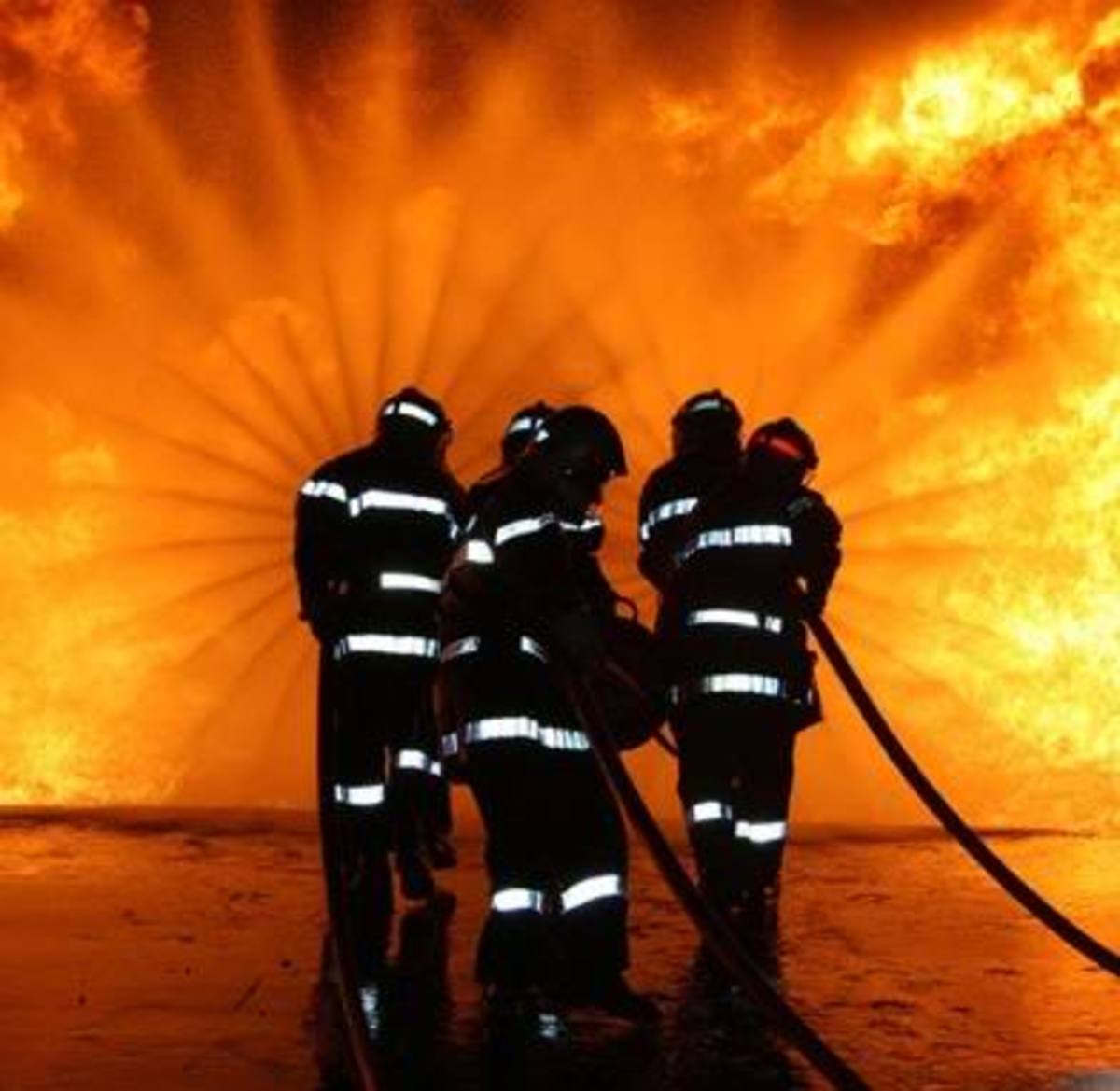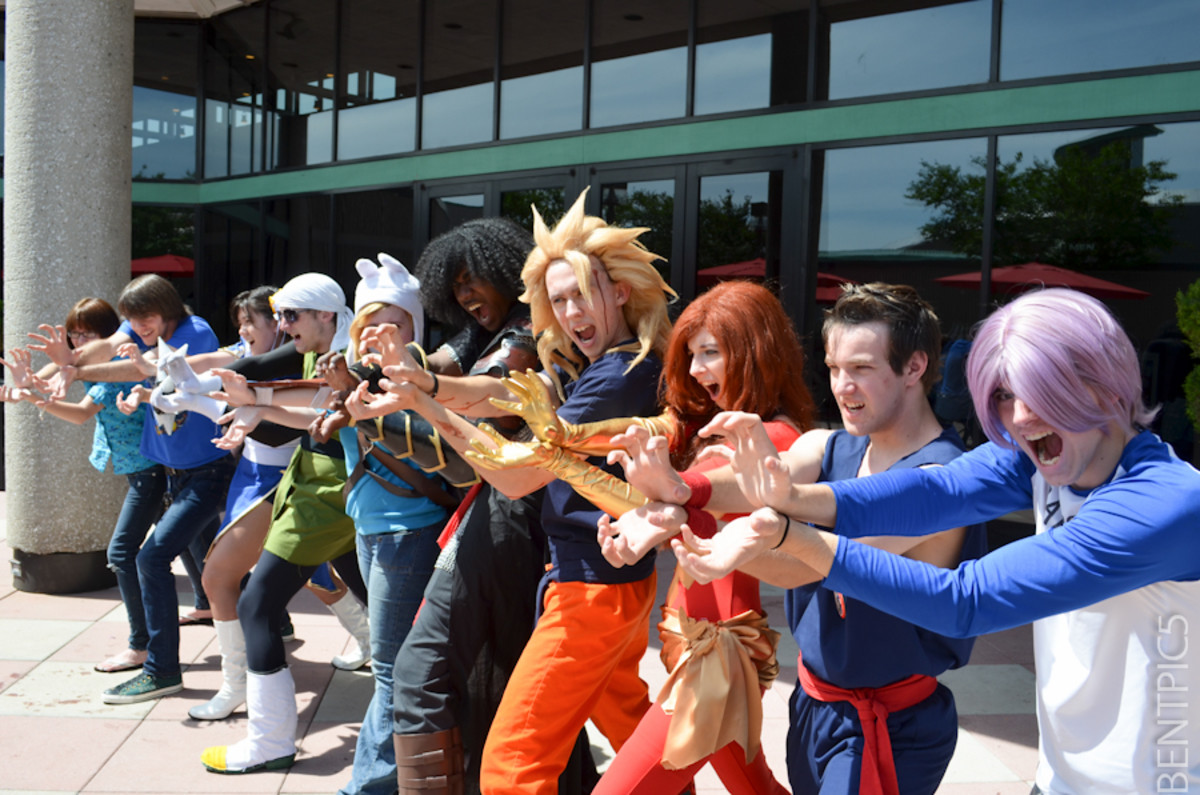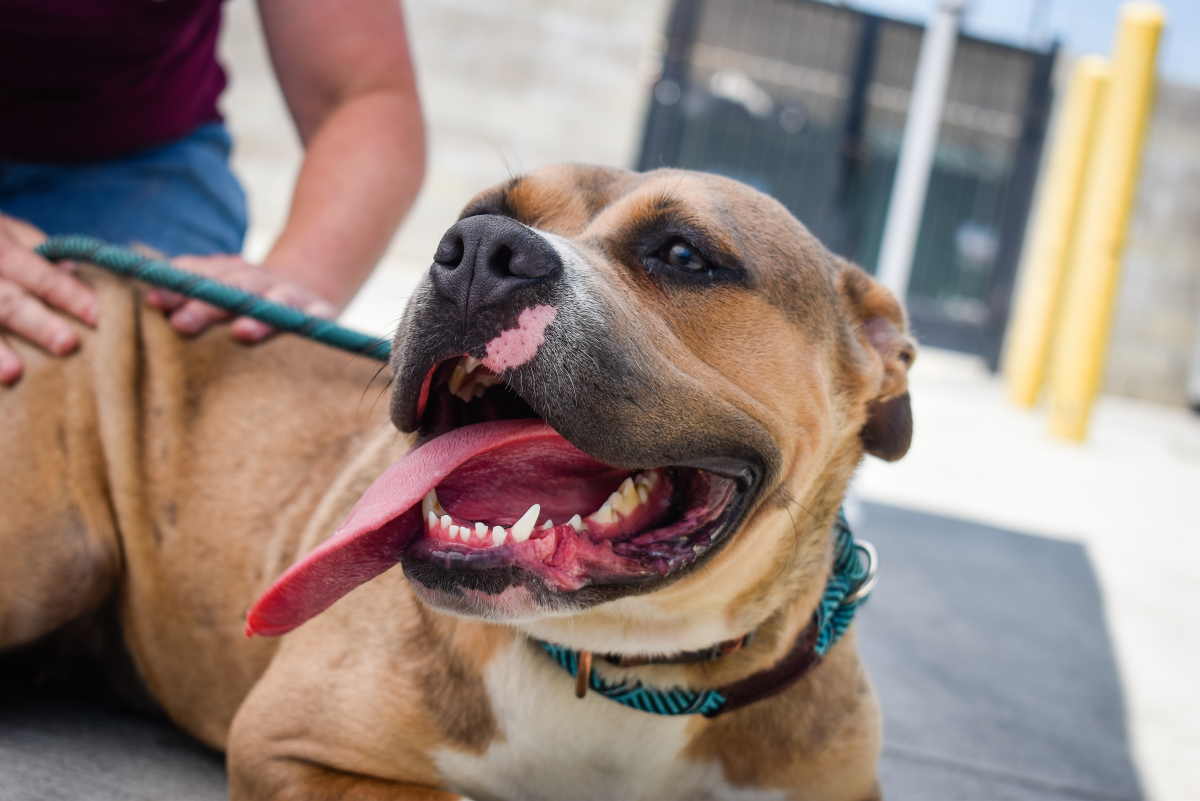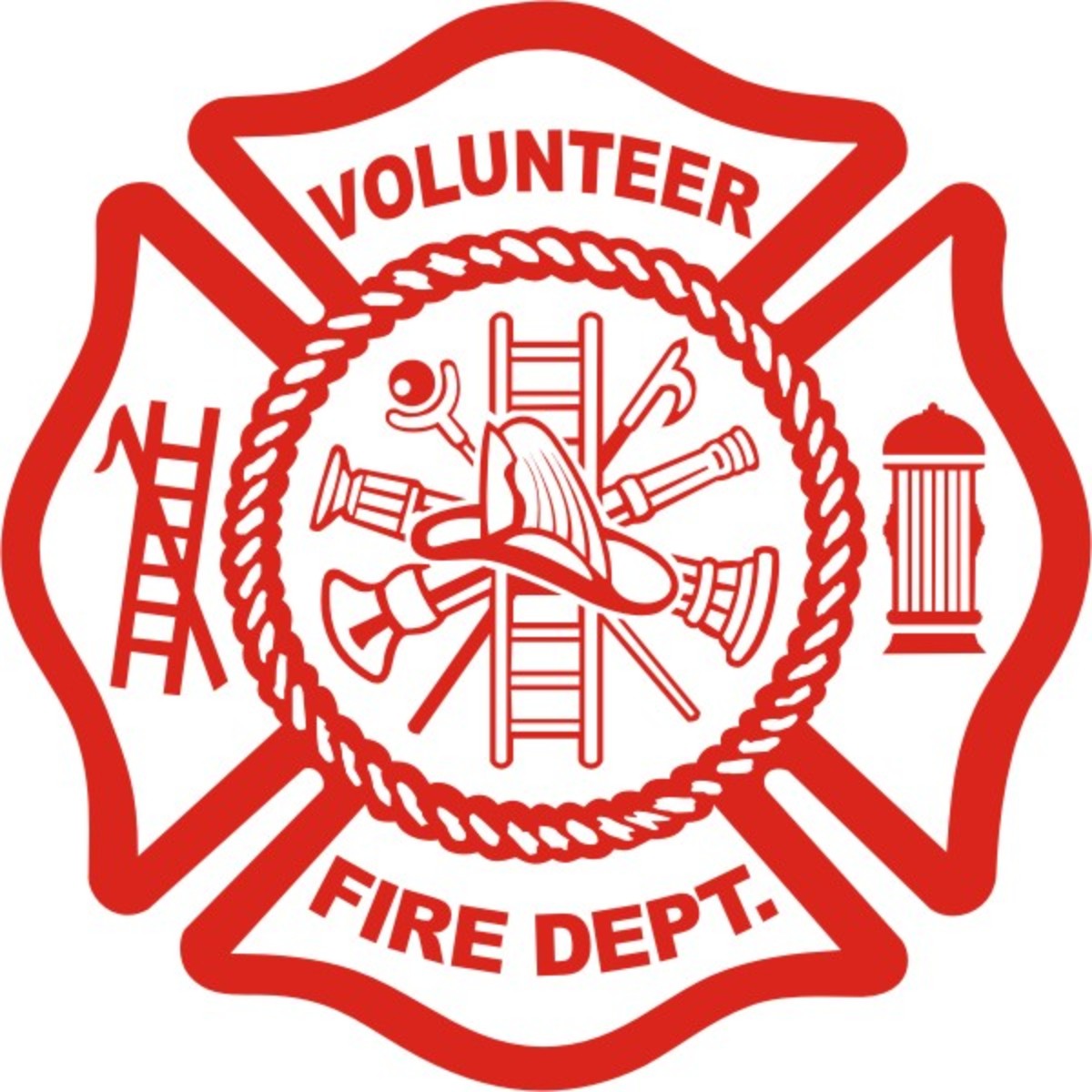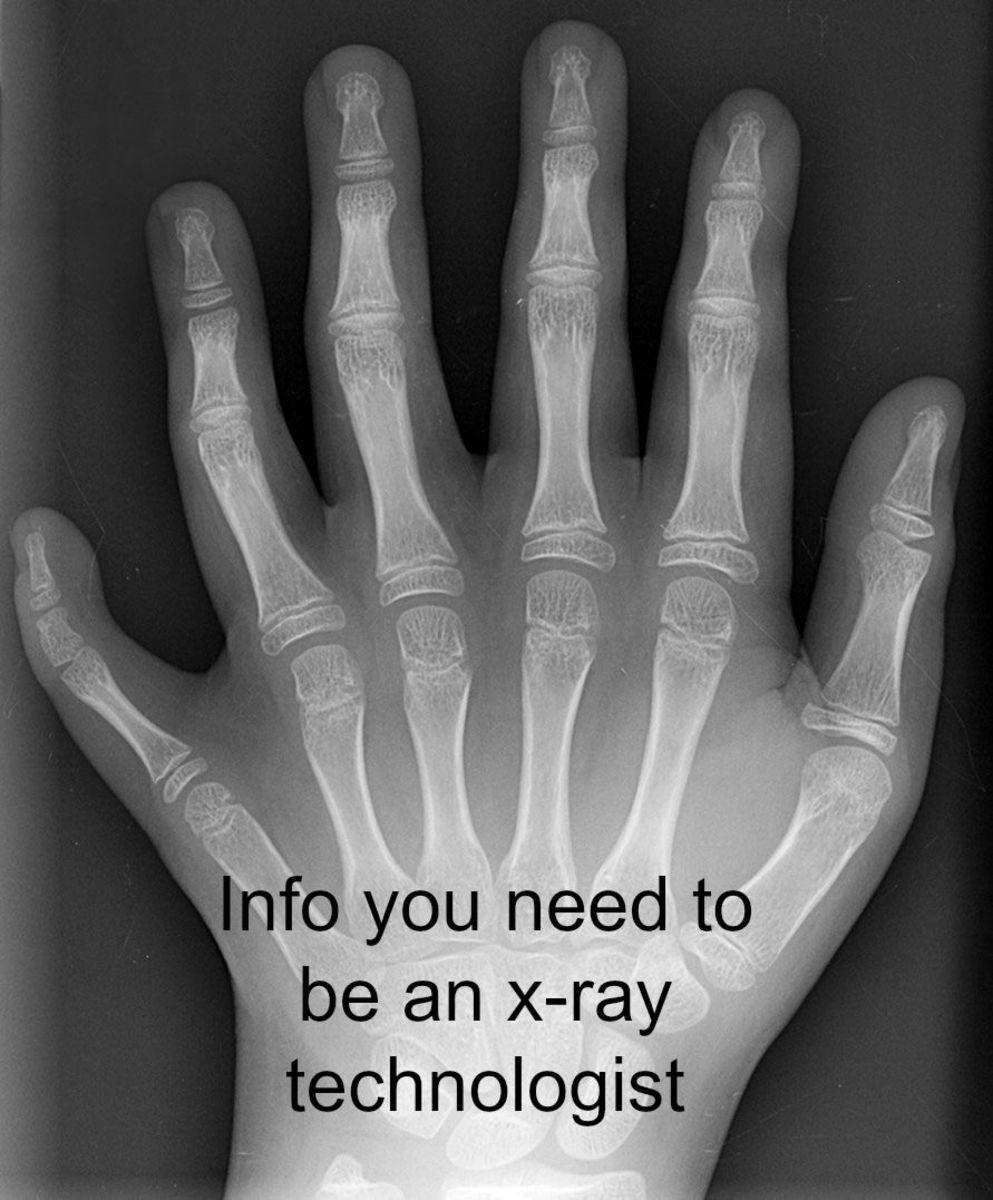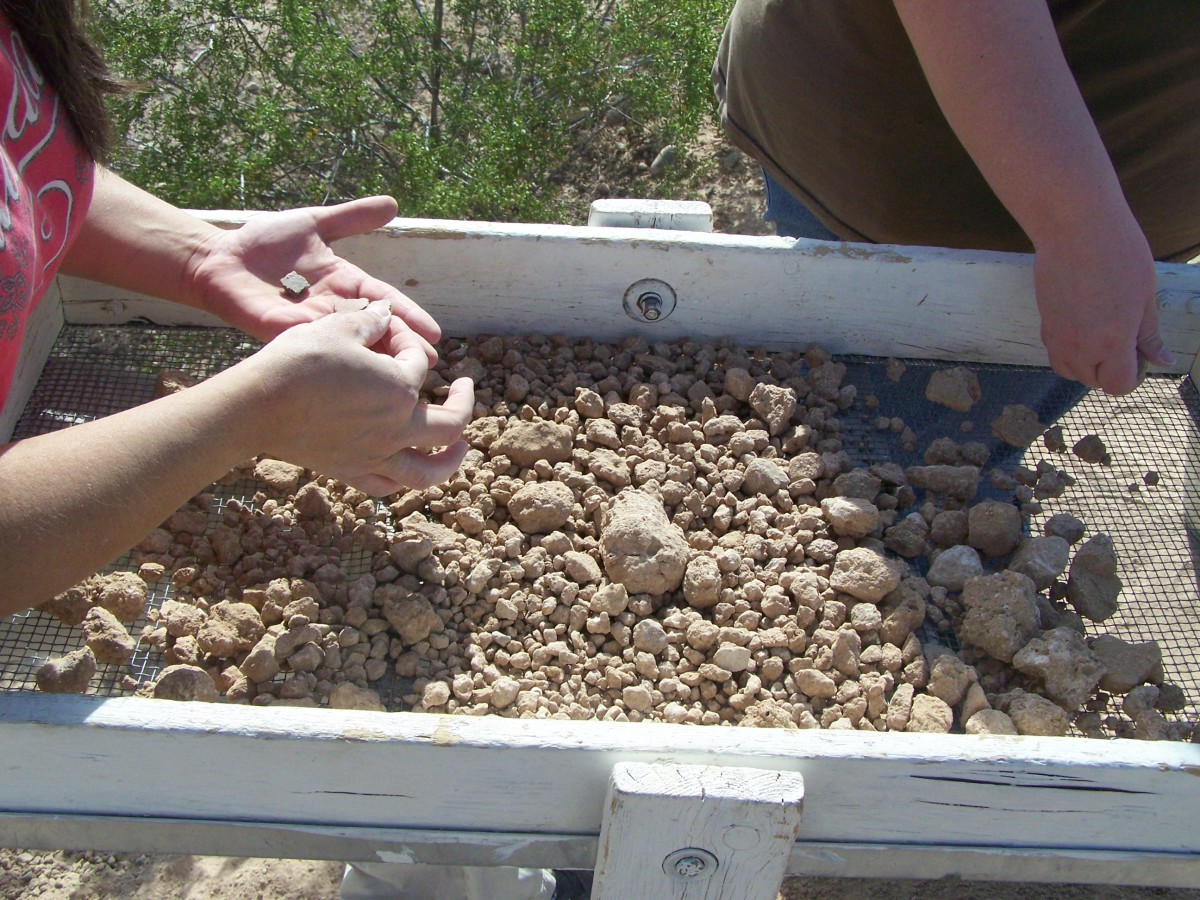So You Want To Be a Firefighter? Part Three - The Most Important Questions
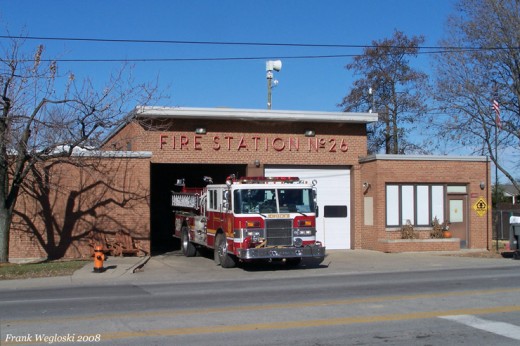
DISCLAIMER: My motivation behind this article is to bring to light some of the less discussed aspects of firefighting. It is a fairly lengthy piece. At times, it is rather graphic. It is written for the prospective firefighter or those interested in learning more about the profession.
I wish I had a dollar for every young man that I have met over the past 6 years expressing an interest in becoming a fireman (obviously there are a large number of young women that aspire to be firefighters as well, but none have ever asked me personally about it). I suppose there are several reasons for this. It’s a great job for young men because it rewards them for being at their physical peak. The work is exciting and the fraternal aspect of the firehouse is very appealing (and let’s be honest, it doesn’t hurt with the ladies either). For the men in their thirties, it provides a stable job with great benefits and a nice retirement package. Many are also interested in finding a job that allows them to give back to the community. On top of all of this, everyone loves the schedule. All of these reasons have their merit, and I doubt that any career firefighter could deny that one of these thoughts have run through his/her mind at some point. However, before someone seriously begins a hiring process, there is a darker side of the job that they need to examine. In this article, I want to take a very hard look at the real pros and cons of this profession.
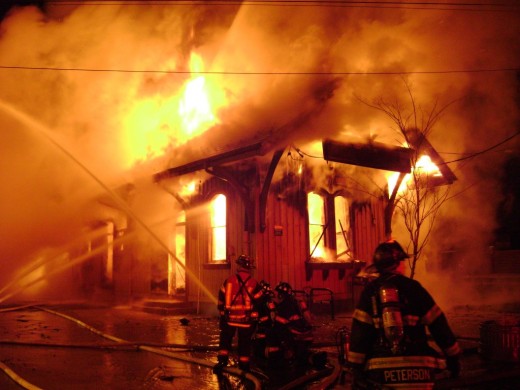
Pros
There are few better feelings than when you play a role in saving someone’s life. What greater thing can you possibly do? In this profession, I can guarantee you that you will get this opportunity. In six short years, I have already personally been in on multiple saves (heart attacks, car wrecks, fires). That’s as good as it gets.
Fighting fire is exhilarating. The rush of running into a building that everyone else is running out of is hard to describe. When you are with a good crew and you get a knock on a fire, holy cow, you know you are alive. This feeling is multiplied seven fold when someone’s life is saved.
The firehouse is a great place to make lifelong friends. Not only are you putting your lives in each other’s hands, but you are living together for 24 hours at a time. I spend more quality time with the guys I work with than my family. We share all aspects of each other’s lives both at home and at work.
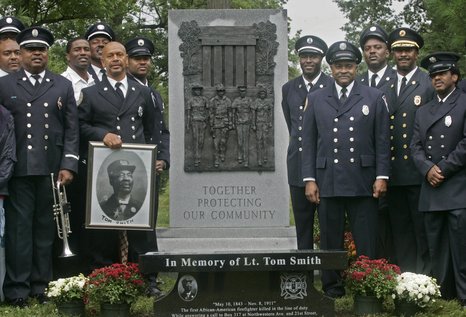
The job has an awesome amount of variety. No two days will ever be exactly a like. There is so much to learn on the suppression side that one could go his whole career and never truly master it. Chances for advancement are abundant. That’s without even looking at the special operations teams. One can get involved in auto-extrication, building collapse teams, and dive squads just to name a few. A firefighter should never claim to be bored or lacking a challenge.
Firefighters are members of a special fratenity. Local bravado aside, all firefighters are a part of one, international family. They are welcomed at stations all around the world. They will always unite in a time of need to help each other out. It is an honor to join this group.
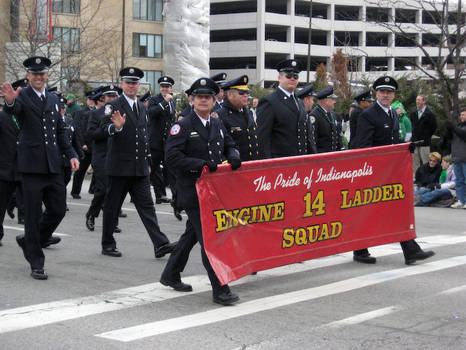
The schedule is a beautiful thing. For one, it is easy to pursue a secondary income. You can start your own business or work part-time for someone else. Construction, security, retail, and lawn care are just a few ideas. If you have small children at home, you will get to see them more than anyone else you know. It can get a little tricky when they get older, but you can’t put a price on being the one that actually raises your children on a day-to-day basis. The ability to “trade” days is also huge. Many departments will allow you to swap work days with another firefighter for the purpose of getting specific time off. This means that you can normally get that time off you need to go see a recital or the big ball game.
Depending on where you are at in the country, the pay is very respectable. There are few jobs were a 24 year old with no college education can easily clear 50k. Between overtime and secondary employment, it is entirely possible to make six figures. This is on top of having above average benefits and a great retirement package. Again, this may vary from place to place, but these departments are out there (I work for one).
There are several fringe benefits that come along with the job. Getting to ride in or drive the emergency apparatus is pretty cool. People love firefighters. Perhaps no other profession is as appreciated by the public, Firefighters get all sorts of discounts while on duty. To that end, you have a huge social network. A firefighter that pays full price for anything is a fool or a sourpuss. Finally, it’s always a good time to shoot the breeze after dinner, watch the big game, or take in a good movie with your buddies. Nothing beats getting paid to watch the Super Bowl.
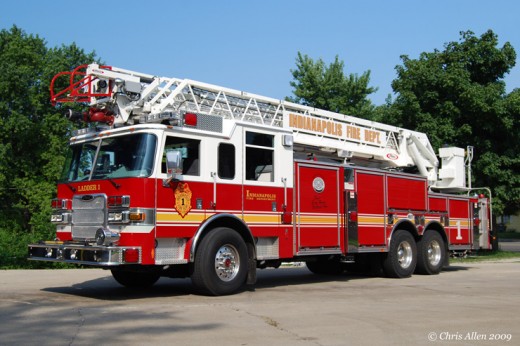
Cons
The first question you have to ask yourself is, “Will I go in?” It’s one thing to go through training. It’s completely another to go into a building you are unfamiliar with in close to zero visibility and intense heat. Obviously, everyone who pursues this line of work has to ask themselves this at some point. This question takes on a different tone when you look at it from a 9/11 perspective. If you are called to a situation like that, where you are facing a high probability of death, but you may be able to save a large number of people first, ARE YOU GOING IN? Well, are you? You’re not a coward if the answer is no, but you should also look into a different line of work.
As exhilarating as saving someone’s life is, it can be equally painful when you fail. Can you handle the fact that sometimes your best isn’t going to be good enough? How will you respond the first time a mother hands you her dead baby and demands that you bring it back to life? There’s not a lot that you can do to prepare for that moment emotionally. You may find yourself responding on someone you know, or God forbid, a family member. Do you have what it takes to keep it together and be your best on that run?
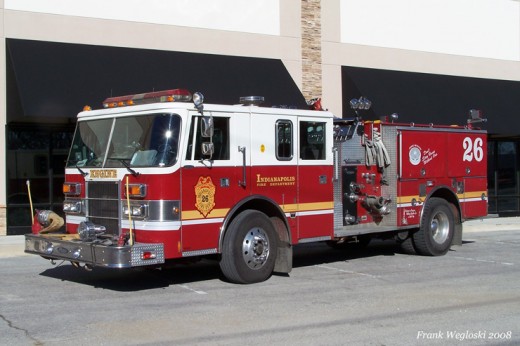
Firefighters and police officers get called when people and events are at their worst. Every firefighter is going to experience a high volume of traumatic sights. Personally, I’ve seen men shot up by automatic weapons, heads literally split open like a PEZ dispenser, bodies that have been dead for weeks, and wounds where the skin, muscle, and bone are splayed open to the core (and that’s not getting into dead prostitutes, overdoses, and severed limbs). If there is a way for someone to die, firefighters are going to deal with it. Perhaps worse, you are going to have situations where the person is going to die, but they don’t realize it yet. What are you going to say to that person? Can you just file those types of images and experiences away and move on? Some people can; some can’t.
Firefighters develop cancer at an unbelievable rate. A study by the University of Cincinnati found the following to be true:
“Researchers found firefighters have a 100-percent higher risk of developing testicular cancer, a 50-percent higher risk for multiple myeloma and non-Hodgkin's lymphoma, and for prostate cancer it's a 28-percent increased risk, compared with nonfirefighters.”
There is very little that can be done about this. Due to the nature of the job, firefighters are constantly breathing carcinogens (not just on the fire ground but also in their apparatus bays). One has to be diligent in his/her wearing of protective breathing apparatus on all fire scenes. Far too many times we do not “pack-up” for car fires (and they are probably the worst culprits). The retirement package is great, but only if you get to use it.
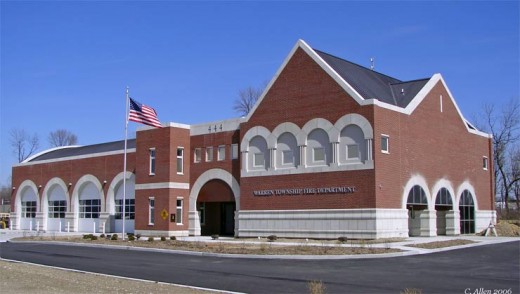
The firehouse can be a marriage killer. It is widely accepted that roughly three out of every four firemen have been or are getting a divorce. This is true for a lot of reasons. Your spouse will not have any idea of what you are going through (unless he/she is in the same line of work or military). They may or may not offer you any support. Being gone for 24 or more hours can put a strain on a relationship as well, especially if there are kids involved. This schedule makes it easy for infidelity to occur with either party. If a firehouse is split between married and single folks, the wild and fun life of the unattached can seem very appealing to those feeling underappreciated or frustrated at home. The job has also been known to lead to drinking. In fact, the two have been tied together forever. In the old days, it was on duty. Nowadays, it is more likely that people are partying with their peers or self-medicating to deal with the stress. This never helps a marriage. It takes a special person to be a firefighter’s spouse.
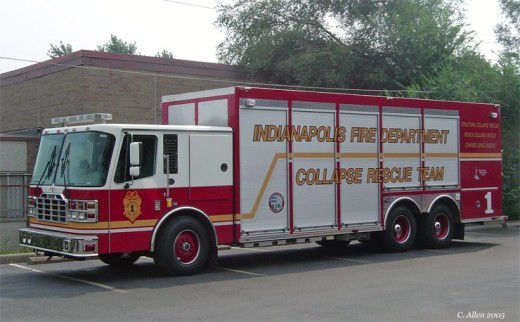
There’s a ton of ego in the fire department. The job attracts (and needs) the best Type A personalities available. Just as iron sharpens iron, men sharpen men. This means that confrontation and tension are common place. These can quickly drain the joy out of going to work. Many times these arguments just come down to two grown people acting like kids. If they go unaddressed, they will be a serious stressor, not just on the two in the dispute, but for everyone in the house (and sometimes beyond).
It’s a strange kind of satisfaction. As mentioned above, helping those in need is the best part about the job. Many times, you will find yourself getting emotionally involved with the patient. It becomes personal that they reach the best possible outcome. Sadly, you may never find out what happened after you turned over their care to a physician. It is rare that any contact is made by a patient or their family after an event. In the end, you are most often left with the simple knowledge that you did your best.
The schedule can play hell on your nerves. First, especially early in your career, you will be on constant edge in the firehouse. I remember hurrying as fast as I could every time I went to the bathroom or took a shower for fear that the tones would go off, and I would be caught with my pants down so to speak. It takes a while before you can calm down and get any real sleep at the firehouse, not to mention the fact that you may be out all night on a fire or EMS calls. Hopefully you can come home and get some rest. The issue then becomes how much and when. Sleeping until noon after an all-nighter will make it that much harder to go to bed at a normal hour later that night. If you are not careful, you can find yourself 8, 12, 40 hours of sleep behind. Don’t laugh; it’s easier have happen than you think.
Conclusion
I hope this article gave you some things to think about. I have been on the job for just over six years now and firmly believe that it is the best job in the world. There are many things that I truly love about it. At the same time, there are things that I wish I could change. That’s going to be the case with any job that you pursue. With this job, you just need to make sure you can handle it at its worst.
Other Articles in the Series
- So You Want to Be a Firefighter? Part Four - The Hiring Process
Part Four in a series of articles for those interested in becoming a firefighter. In this article, we examine the hiring process and what one can expect. From the physical and written tests to the final interviews, I'll share my experiences and thou - So You Want to Be a Firefighter? Part Two - Urban vs Rural
Part Two in a series of articles for those interested in a career in fire science or simply interested in learning more about firefighting. This article concentrates on the different types of departments found in the US. I take a look at a wide varie

